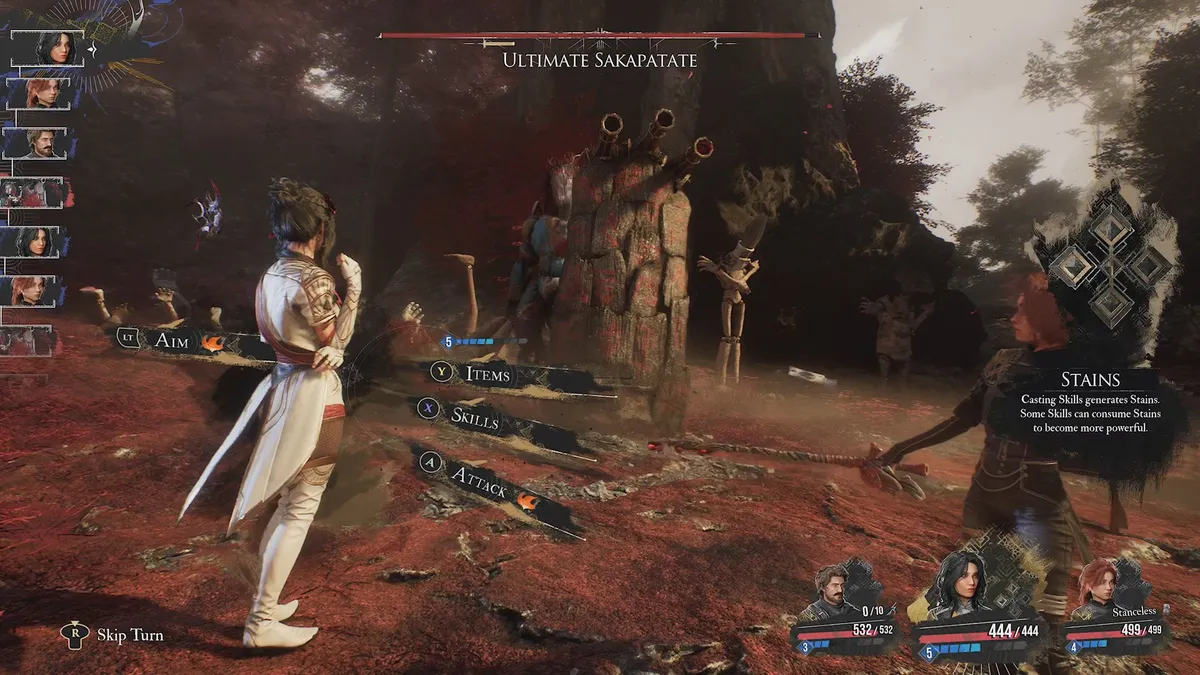
In a notorious comment from former Blizzard president J. Allen Brack, he stated, "You think you want it, but you don't," while dismissing player requests for a World of Warcraft Classic mode. This remark sparked outrage among the World of Warcraft community, as it highlighted a disconnect between Blizzard and its dedicated fanbase. However, with new leadership at the helm, Blizzard has shifted its philosophy, focusing on giving players exactly what they desire. This change has led to an unprecedented variety of gameplay modes, catering to different types of players and moving away from the previous one-size-fits-all approach driven by mere data analysis.
One of the most anticipated features making its way to World of Warcraft is player housing. Interestingly, this addition is largely attributed to competition from the popular MMORPG, Final Fantasy 14. Blizzard realized it needed to adapt its strategies to meet player demands rather than rely solely on telemetry data, which previously indicated a lack of interest in player housing. The success of Final Fantasy 14 in implementing innovative features has shown that there is a substantial appetite for player housing among MMO fans.
On the other hand, Square Enix, the company behind the Final Fantasy franchise, seems to be struggling with its identity. Despite recent successes in titles like Final Fantasy 15, 16, and the 7 Remake, none have achieved the same level of acclaim as their predecessors. While Final Fantasy 7 Rebirth has shown promise, critics argue that the inclusion of mundane open-world mechanics, reminiscent of Ubisoft's design choices, has diluted the unique charm of the franchise.
A small indie title, Clair Obscur: Expedition 33, has recently brought attention back to the value of turn-based mechanics. Drawing inspiration from classic JRPGs like Final Fantasy 8, this game features tactical gameplay wrapped in a dark fairy tale narrative. Despite Square Enix's claims that turn-based games are no longer in demand, Clair Obscur has already sold over a million copies, proving that there is still a significant audience for this style of gameplay.
In light of these developments, questions arise about whether Square Enix is out of touch with its fanbase. Naoki Yoshida, the producer credited with the revival of Final Fantasy 14, has made controversial statements regarding the relevance of turn-based combat in modern gaming. He argues that the realism of graphics clashes with the "unreal" nature of turn-based mechanics. This viewpoint has left many fans frustrated, especially when games like Clair Obscur: Expedition 33 demonstrate that creativity and innovation can thrive in the turn-based genre.
The ongoing debate around turn-based versus real-time combat in video games illustrates a larger issue within the industry: the reliance on telemetry-driven design. Clair Obscur: Expedition 33, developed by a small team of just 33 individuals, serves as a beacon of hope in an industry that often prioritizes data over creativity. With its high user ratings on platforms like Metacritic, the game has sent a clear message to major studios like Square Enix: it's time to listen to player feedback and embrace innovative gameplay.
As Clair Obscur: Expedition 33 gains traction, it challenges the notion that players don't want turn-based experiences. The game is now available on Windows PC, Xbox Series X|S, PlayStation 5, and Xbox Game Pass, offering a fresh perspective in a landscape dominated by data-driven decision-making. With the gaming community yearning for creativity and authenticity, it remains to be seen how major developers will adapt to these changing demands.